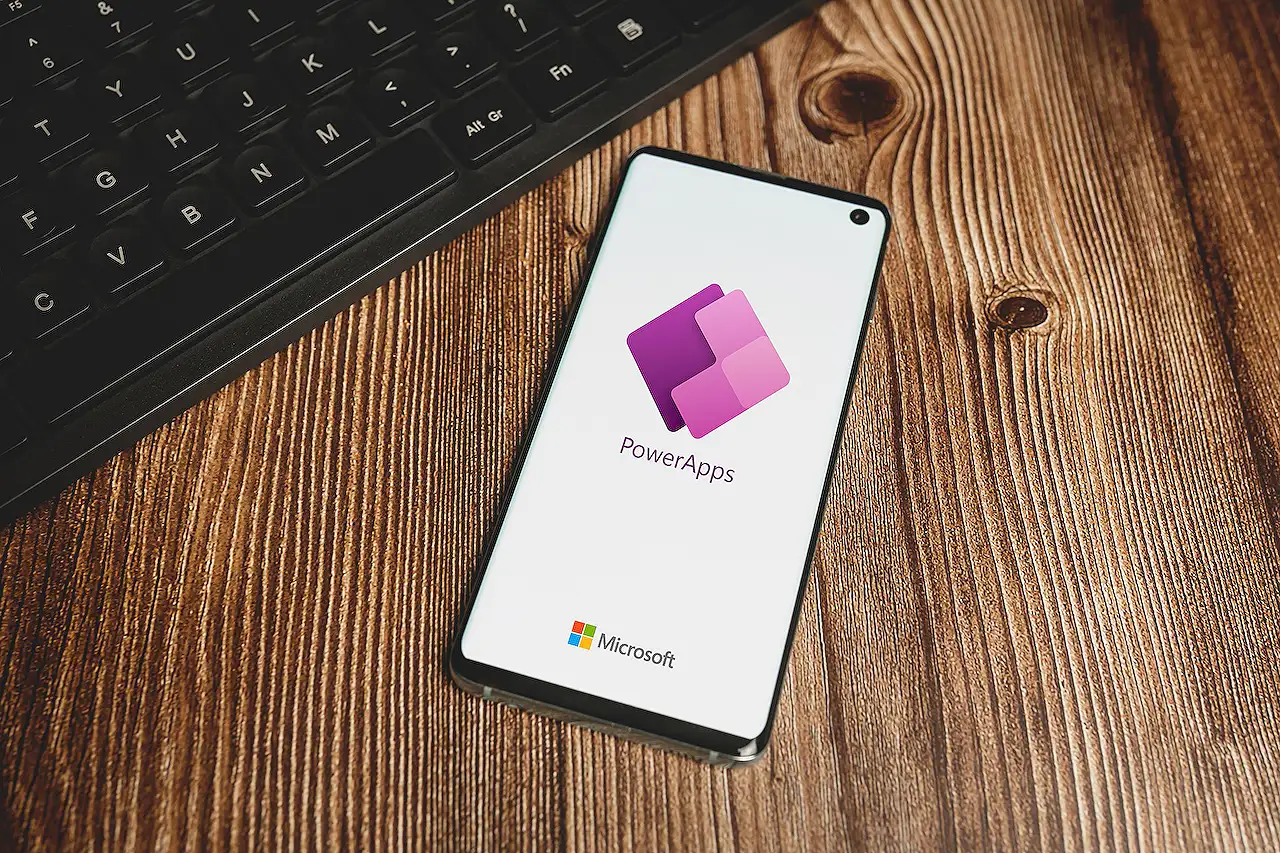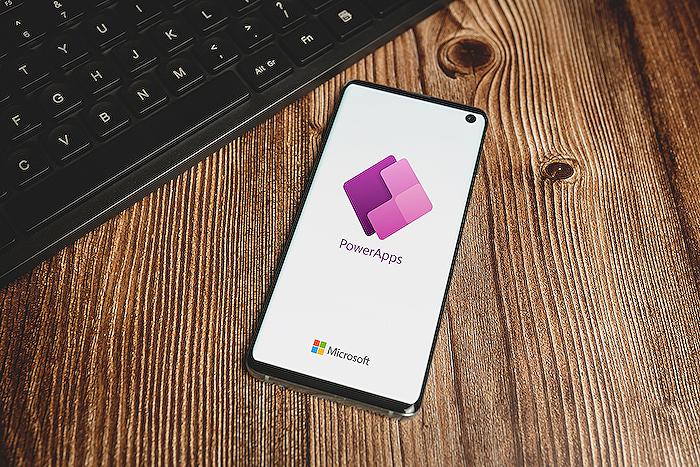- All of Microsoft

Power Apps Host Object Feature: Comprehensive Usage Guide
Unlock the potential of Power Apps Host Object feature with our comprehensive guide, boosting your apps performance seamlessly.
A Comprehensive Guide to Power Apps Host Object Feature
The recent blog from Microsoft highlights the benefits and use cases of the Host object feature in Power Apps. It provides detailed insights on how this feature can be effectively utilized to debug applications and tailor them accommodating a wide range of hardware and software platforms.
The Host object grants access to information regarding the host device, operating system, and player running an application. Interestingly, every app can access this information, augmenting its usability.
Its major utility lies in troubleshooting an application that isn’t working accurately on a specific device or browser.
More information about how the textual properties of this object can display vital information in the application's user interface with a Text label control or log data to a database table or Application Insights can be gathered from the post.
The blog suggests limiting the functionality of the Host object to align it to a specific device or browser as it may not account for all software and hardware types in the future.
Alternately, a more abstracted information that is not hardbound to specific hardware and software, like the Size property of the Screen control, could be used to reorganize or display fewer information when running on smaller devices like phones.
The Host object in the Power Apps Studio can be accessed by expanding the App object at the top of the Tree view pane, followed by selecting Host.
However, the Host object currently doesn't possess any properties that accept formulas and is only available in custom pages and canvas apps.
The blog also delineates its properties such as BrowserUserAgent, OSType, SessionID, TenantID, and Version.
More on Power Apps' Host Object
- The BrowserUserAgent property consists of a complete user string that the browser uses when running the application.
- The OSType property reveals the operating system in which the application is running.
- The SessionID property identifies the current session of the user.
- The TenantID property provides the Globally Unique Identifier (GUID) specifying the Azure Active Directory (AAD) tenant linked with the authenticated user.
- The Version property identifies the Power Apps player along with its version number.
Furthermore, the blog offers functional examples of how these properties can be utilized in various scenarios to enhance the efficacy of the applications.
It stresses the importance of testing your apps on diverse devices and with different browsers, drawing attention to the varied results that may ensue.
The Host object plays a considerable role in accomplishing this task effectively, translating to increased productivity and efficiency of the apps.

Learn about Comprehensive Guide: Utilizing Host Object Feature in Power Apps
In the current technological era, understanding the use of host objects is crucial for developing efficient applications that can run on a wide gamut of devices, offering the best user experience. This tutorial aims to provide a deep dive into the use of host objects, especially within the realm of Microsoft Power Apps.
The host object within the software provides essential insights about the host device, the operating system, and the player that's running the app. It's important to note though, it's not advisable to tailor your app to a specific device or browser using the Host object since Microsoft's solution is designed to be compatible across diverse platforms. Hence, a more abstracted method is desirable.
To access the host object, one has to navigate through the App object on Microsoft Power Apps Studio. What's intriguing is that the Host object, as of now, is only available for user customization and canvas apps. It does not contain any properties that accept formulas.
Various properties are associated with the Host object which offer valuable information:
- BrowserUserAgent: This property offers details about the browser's identification when the app is running.
- OSType: The property provides the name of the Operating System where the app is currently running. Useful for debugging, but not to be used for altering app functionality based on different OS.
- SessionID, TenantID : These offer GUIDs that identify the current session and the Azure Active Directory (AAD) tenant related to the user in session.
- Version: This provides identification and version of the Power Apps player.
These properties are valuable for various functionalities such as debugging, tracking app sessions, or providing user authentication details. They should not, however, be used to alter the app's functionality or experience.
Examples include adding text label controls in your canvas app to display various available information from Host object. This is useful for debugging and understanding user experiences on different devices and within diverse browser environments.
Finally, it's worth noting that although the Host object is a versatile tool within the app development process, one must be cautious about not changing the experience or functionality based on reported operating system. Microsoft's platform is expected to have a wide utility and a single view accommodating different devices should be maintained.
Therefore, understanding how to utilize Host Objects in Microsoft Power Apps is vital not just for professional developers but also for individuals passionate about efficient application development.
More links on about Comprehensive Guide: Utilizing Host Object Feature in Power Apps
- Host object in Power Apps - Power Platform
- Sep 21, 2023 — The Host object in Power Apps provides information about the current host running the app. Description. The Host object provides information ...
- Utilizing Host Object Feature in Power Apps
- Apr 6, 2023 — The Host object in Power Apps provides information about the current host running the app. Description. „Similar to a control or the App object ...
Keywords
Power Apps host object, Utilizing host object, Power Apps guide, Power Apps comprehensive guide, Host object feature guide, Power Apps host object tutorial, Power Apps object feature, Improving Power Apps, Power Apps advanced features, Power Apps development guide